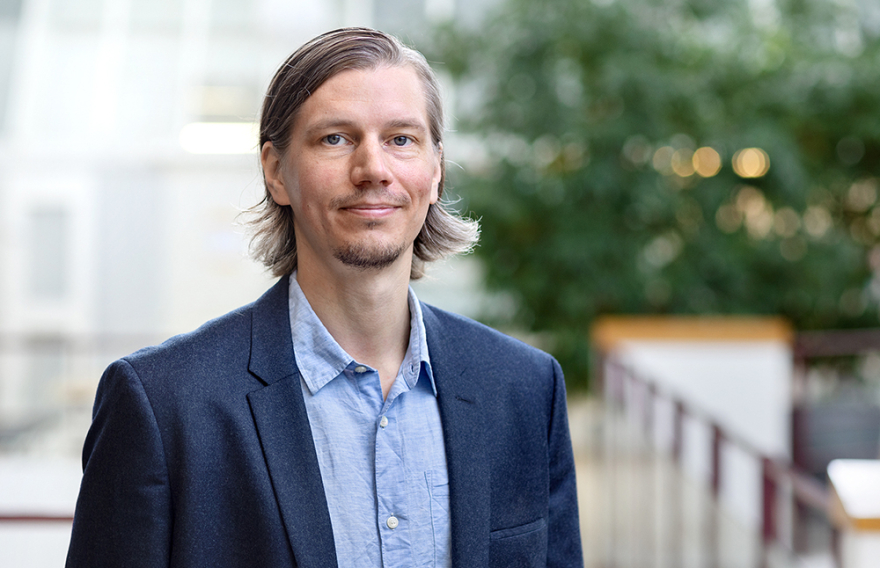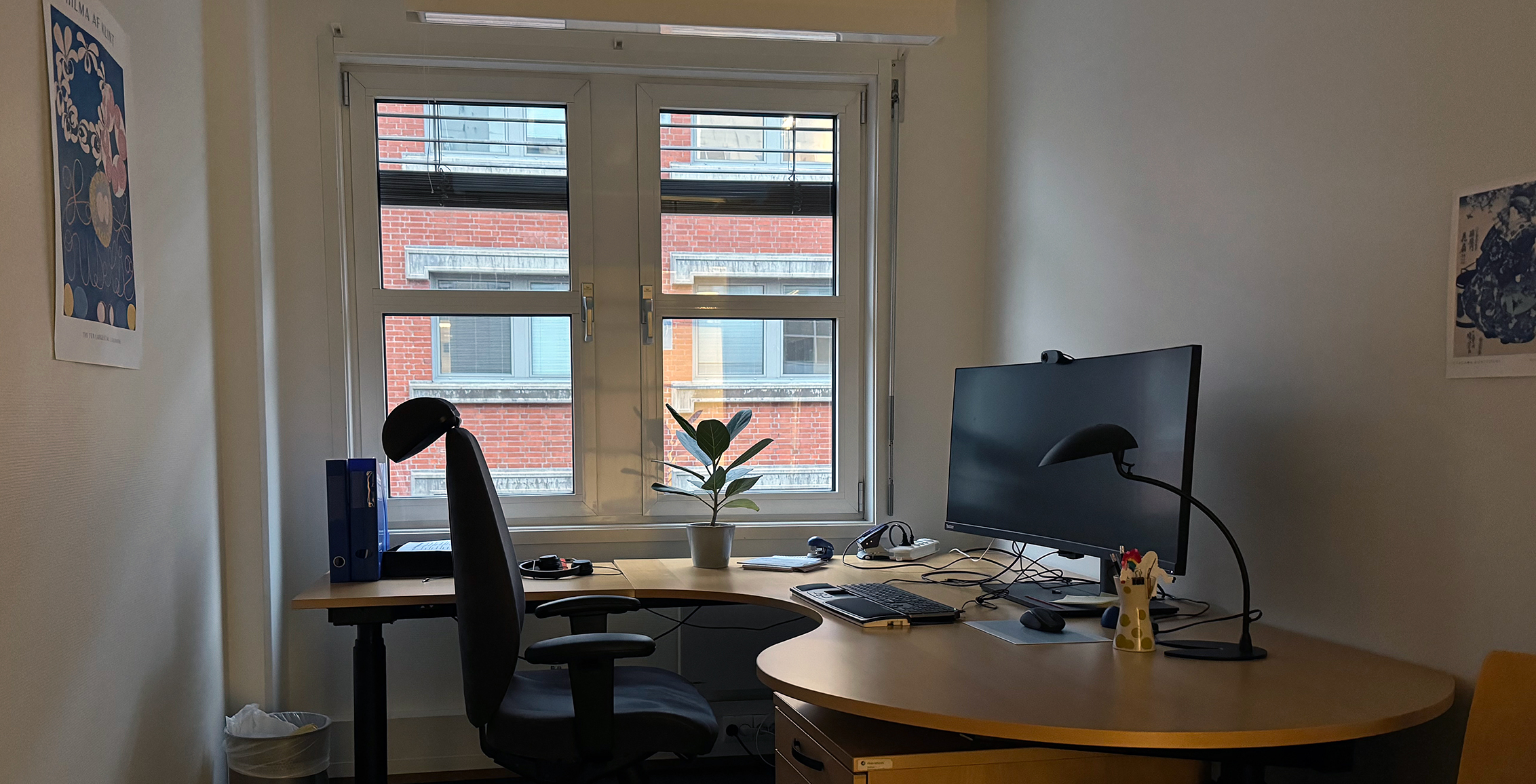Andreas Stenling is Associate Professor of Psychology at Umeå University and leader of a project investigating remote and flexible work in Sweden, Norway and Lithuania. He explains that this can be easily described as "work that can be done anywhere and at any time".
“These are working practices that have increasingly become a part of working life, and both employers and employees must learn to navigate this new and complex landscape. Our research is based on the premise that it is essential to understand the consequences of these changes for managers and employees. For example, when there is less personal contact and face-to-face communication, how does it affect employee motivation and performance? What does it mean for the role and ability of managers to provide leadership?”
2020. The year of the big change.
Now, four years later, the switch between regular office and home office is a mix that many have experienced and settled into.
But it's still an open question how these changes will play out in the long term.
What do the new flexible solutions mean for individuals, organisations and society as a whole?
That's what the researchers want to find out. In addition to increasing our understanding of the challenges and opportunities presented by the new flexible working life, the overall objective is to help ensure good job health and good work performance.

Double-edged sword
Stenling explains that the research so far indicates that remote and flexible work is a double-edged sword:
"What we have seen in the research literature is that more flexible work can be both good and bad. This was also widely reported in the media during the pandemic. There are reports that show that for certain professions or groups it works quite well, but less well for others. For example, flexible work can reduce the time crunch for parents with young children who don't have to travel, but it can also lead to more conflicts between work and family life. Many of those who work more at home or have more flexible working arrangements report more stress and more work-home conflicts. We believe that one of the most important questions in this project is to try to find clearer answers to when and for whom flexible working arrangements work best.”
Another issue is the parallel development of flexible workplaces and advanced digital tools. In some professions, there is a lot of surveillance, especially in professions where people can easily be followed through digital systems. This may involve taxi drivers and other parts of the transport industry, but also office work that is based on digital systems.
“Some surveillance systems can be very sophisticated and follow the employees down to the second. We know of employers who have used these types of tools to force employees to be connected at all times. A boss should always be able to follow, jump into the digital office and say "Hi!". We hope to be able to shed light on these types of questions in our studies, not least to find out what managers are thinking, and how this is regulated by formal and informal agreements, and perhaps also legislation.”
The new flexible solutions have led to new expectations and conditions among managers and employees. Stenling explains that they do not always coincide.
“The research conducted so far shows that many managers find it difficult to know how their employees are doing. It is difficult to keep track of what support employees need when you are not in physical proximity to your employees.”
National contrasts
The research in the project will be conducted in Norway, Sweden and Lithuania. Stenling explains that there are already clear variations between the countries.
“Working life in Sweden and Norway is relatively similar, while Lithuania differs markedly from the other two. This is partly due to history, political systems and slightly different labour markets. But one thing that we believe may play a role in our research is that before the pandemic, there was quite a big difference in how many people worked remotely in the three countries. In Lithuania, there were very few, around 4-5 per cent, and in Norway it was around 10-15 per cent. While in Sweden, almost 25 per cent had permanent, flexible work. This changed with the pandemic, and it has increased in all countries. But there was a greater transition in countries like Lithuania, which provides an interesting contrast to the Nordic countries.”
Stenling explains that they do not aim to create a golden standard, but that their ambition is for the research to benefit managers, employees and the various parties in the labour market.
“It's difficult to come up with a general recommendation for all workplaces. But we will endeavour to find good answers to difficult questions. For example, under what conditions is it good for employees to work more flexibly? Which working environment factors are particularly important in flexible working arrangements? Under what conditions is it good for employees? What strategies can be used to ensure continuous follow-up without surveillance? These are questions that are very important to find answers to now that we have taken a big step into what appear to be key elements of the working life of the future.”
Facts
Project: Remote and flexible work arrangements: A cross-national study focused on implications for leaders and employees (REMOTE-FLEX)
Research area: Future Working Life
Duration: 2023 – 2027
Participating institutions: Umeå University, Sweden, ISM University of Management and Economics, Lithuania, University of South-Eastern Norway, The Norwegian School of Sport Sciences




